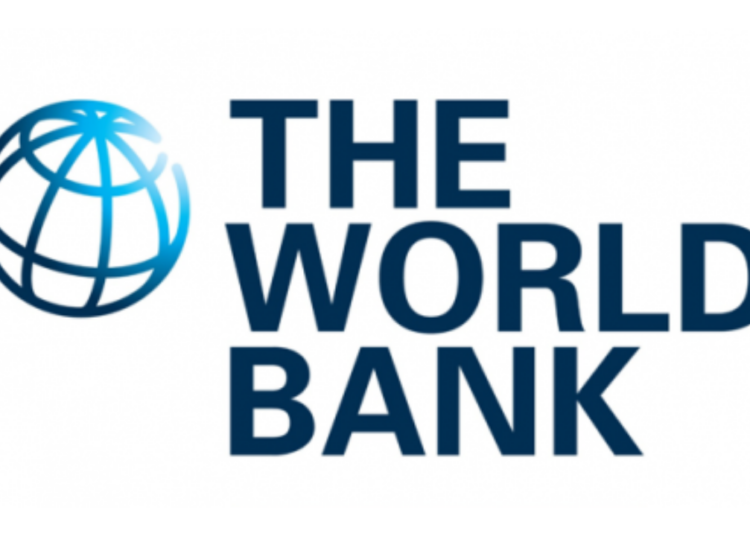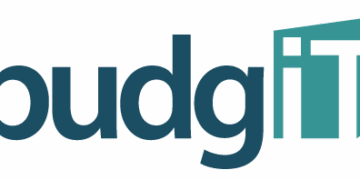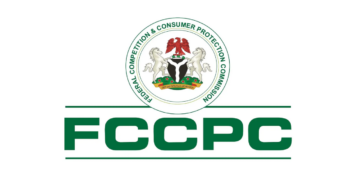The World Bank has said macroeconomic and fiscal reforms are urgently needed to lift Nigeria’s development outcomes, “which are severely constrained by inefficient use of resources.”
The bank said a large share of Nigeria’s resources have financed inefficient and regressive subsidies for petrol, electricity, and foreign exchange.
“Not all these subsidies are accounted for in the budget, which makes them difficult to track and scrutinise,” the bank said in a new Nigeria Public Finance review report that was released yesterday.
World Bank said the subsidies, which accounted for more than the amount spent on education, health, and social protection in 2021, benefit primarily wealthy households. “They also distort incentives, discourage investment, and crowd-out spending on pro-poor programs, thereby hindering progress in Nigeria’s social development.”
Nigeria has one of the lowest public expenditure and revenue levels in the world, undermining the government’s ability to improve service delivery.
Between 2015 and 2021, total public spending in Nigeria averaged 12 percent of gross domestic product (GDP), less than half the world average of 30 percent. Improving service delivery requires more resources
“Nigeria’s government urgently needs to strengthen fiscal management, create a unified, stable market-based exchange rate, phase out its costly, regressive fuel subsidy and rationalize preferential trade restrictions and tax exemptions. These would lay the groundwork for the increases in public revenues and spending needed to improve development outcomes,” said World Bank Group president David Malpass.”





